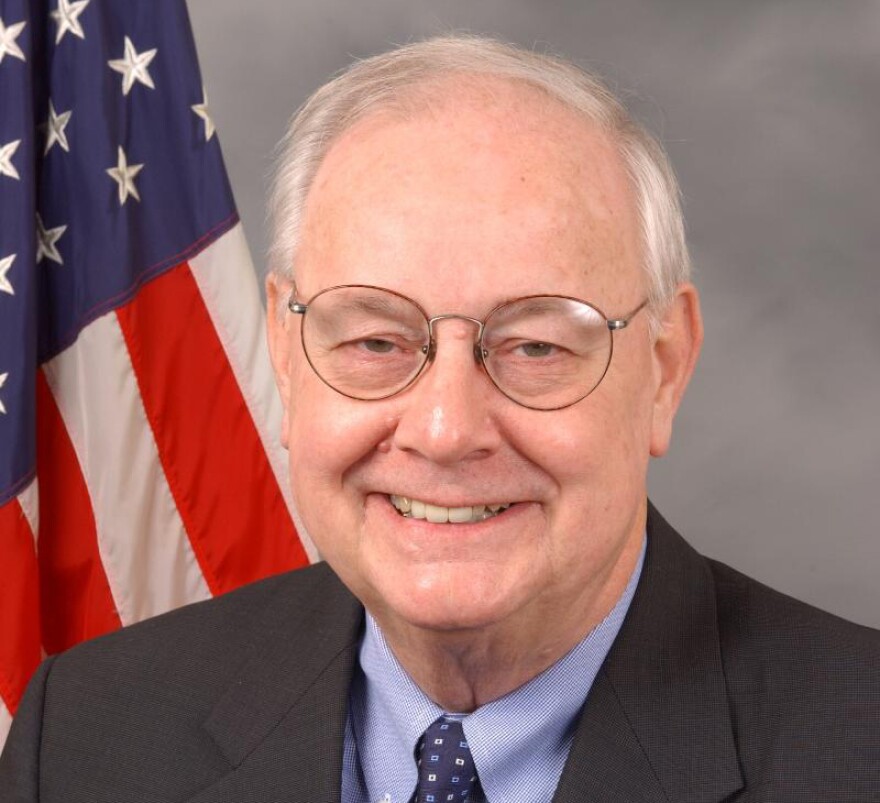State lawmakers have hit the accelerator pedal in their effort to reform Michigan's no-fault insurance law. The law provides all victims of catastrophic crashes with a lifetime of unlimited medical benefits.
The package of bills moved quickly through the state Senate and is now before the state House.
The legislation would limit what hospitals could charge insurance companies. The overhaul would also cap what insurers can be charged for in-home care for people who have been severely injured in car accidents.
Joe Schwarz is a physician, former congressman, and former member of the state Senate. He has says he has several concerns with the legislation.
He considers the level of insurance currently proved by the MCCA (Michigan Catastrophic Claims Association) the gold standard of crash insurance in the country.
"You have something that works and maybe we should think twice before we get rid of it," said Schwarz.
Schwarz says the idea that Michigan's high auto insurance rates are connected to the MCCA is incorrect. He blames Michigan's high rates on the number of uninsured drivers in Detroit and other places in the state.
Making legislation referendum proof
Schwarz is quite critical of sticking an appropriation on the bill that would prevent a citizen referendum.
Schwartz does not consider it good public policy to take away the option for the public to challenge laws in all cases.
He says making legislation referendum-proof should only be used only true appropriation bills -- and in situations where there the Legislature has worked hard to reach consensus on complex and important legislation.
"It takes a long time to learn how the wheels of government turn."
Attaching small appropriations to bills just to make them referendum-proof makes people "mad as hell," said Schwarz.
Lawmakers in Michigan lack experience
He doesn't think lawmakers are deaf to public opinion. He blames term limits for their lack of legislative experience.
"It takes a long time to learn how the wheels of government turn", he says. "It used to be that experienced legislators would act as mentors to their newer colleagues."
Schwarz says that despite the general appeal of 'term limits' among voters, it denies policy makers the freedom to ease into their roles.


